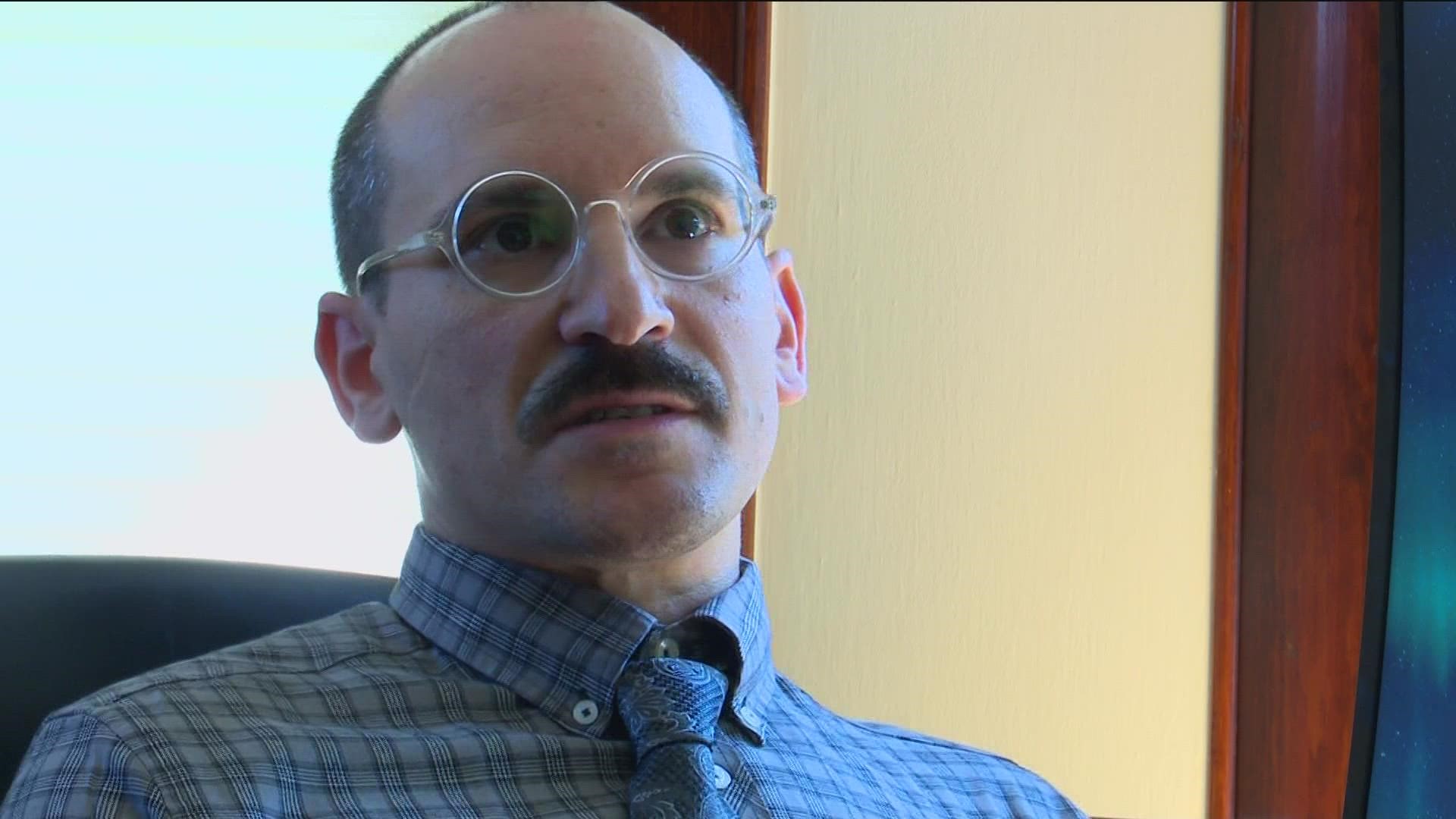BOISE, Idaho — For two consecutive quarters, the United States' gross domestic product (GDP) declined, according to Bureau of Economic Analysts.
Traditionally, many have used this metric - six straight months of a shrinking economy - to define a time of recession. However, GDP is just one piece of the equation, according to University of Idaho associate clinical professor of Economics Dr. Steven Peterson.
"I've often wondered if that definition was an urban legend or not," Peterson said. "In fact, in one of the textbooks I use the author uses it for a recession. In one sense, it's a simplified way to tell the public when a recession happens - but how it's done if far more complicated."
For a holistic picture, Peterson turns toward other numbers. That includes the unemployment rate and job creation. The latest unemployment rate is at 3.6%, according to the Bureau of Labor Statistics. In the month of June, the United States created 372,000 new jobs.
"With the job market being as strong as it is, and the unemployment being as low as it is, it's hard today to say we're in a recession," Peterson said.
However, Peterson is concerned about the historically high inflation rate. The Federal Reserve is increasing interest rates by .75%. This is an effort to slow the economy and tame inflation, Peterson said.
This action has consequences.
"They know they're hitting a break. It's gonna be very difficult for the fed to pull of breaking inflation without inducing a recession," Peterson said. "If I were going to make a prediction, I would probably be in the crowd that would say by next year we will be in a recession."
Bankruptcy rates can be used as another sign of a recession, according to Peterson. Boise bankruptcy attorney Max Williams is seeing a 25-30% increase in his services.
"The average bankruptcy debtor is middle class. They're not wealthy. Not even remotely," Williams said. "99 percent of them are average people. I would say the median income is between 35,000 to 60,000 dollars."
Assists, including a car or house, are often all Williams clients own. They have little cash, and while not all of his clients are officially declaring bankruptcy, more people are coming to Williams to inquire about their options in a tough economic time.
"Neither side is happy. Because in bankruptcy you have to give up all those assets. The lender cannot resell for how much they were gonna get. They're still gonna be deficient on what they're owned," Williams said. "It has a ripple effect, because it's harder for the next person to get a loan. They're gonna increase the interest rates to capture more money before a potential default."
Join 'The 208' conversation:
- Text us at (208) 321-5614
- E-mail us at the208@ktvb.com
- Join our The 208 Facebook group: https://www.facebook.com/groups/the208KTVB/
- Follow us on Twitter: @the208KTVB or tweet #the208 and #SoIdaho
- Follow us on Instagram: @the208KTVB
- Bookmark our landing page: /the-208
- Still reading this list? We're on YouTube, too:

